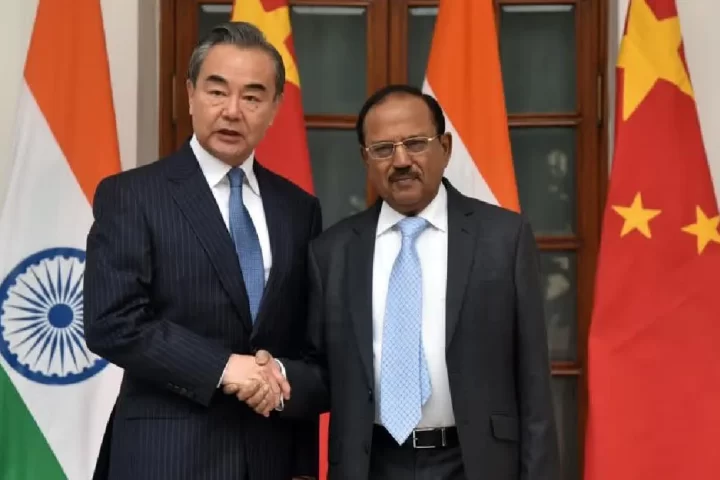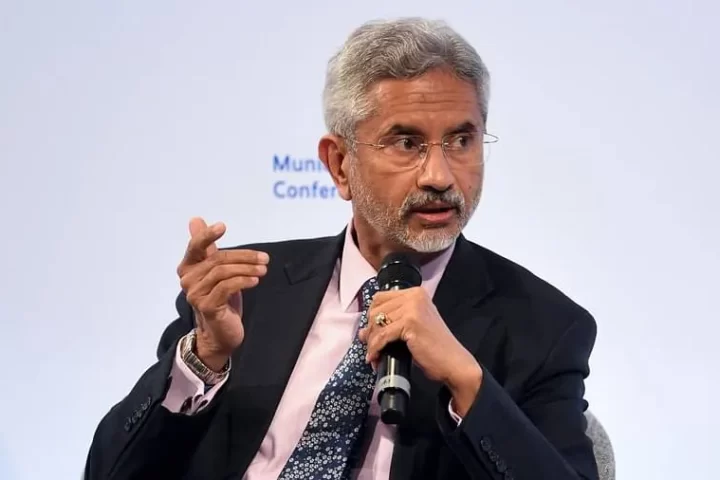News of massive layoffs at home appliance giant Hisense has sent shockwaves through Chinese social media, with reports suggesting as many as 30,000 employees could lose their jobs. The scale of the reduction and the swift spread of the news online have sparked widespread outrage and mounting anxiety over the broader economic implications.
The layoffs are reportedly set to take place in two phases, before and after the New Year, with an official list expected to be released next week. An individual claiming to be a Hisense employee posted online that the company would slash its workforce from 110,000 to 88,000, implying a reduction of between 20% and 30%. Verified Hisense employees have corroborated these claims, stating that the layoffs will be carried out in two waves, potentially impacting nearly a third of the company’s staff. Another online post from a purported employee in Hisense’s home appliances division echoed the warning, suggesting that the cuts are imminent.
The brunt of the layoffs appears to be aimed at interns and older employees, according to posts circulating online. Some netizens have revealed that recent graduates who joined Hisense earlier this year had already signed resignation agreements just months after being hired. The scale of the reported layoffs, if accurate, would make it one of the largest workforce reductions in recent years among global tech and manufacturing companies.
The news comes amid leadership changes at the company. Public reports indicate that D. Jong, the former chairman of Hisense Home Appliances, recently retired, citing personal reasons and age. He is expected to be succeeded by GA Euling, the company’s former financial director and chief accountant. Speculation about layoffs has centered on the Hisense Home Appliances business group, a key segment of the company’s operations.
Hisense faced similar scrutiny in 2020 when reports of 10,000 layoffs rattled the home appliance industry, though the company described those cuts as routine business adjustments and denied the reported scale. More recently, in June, Hisense Medical—a wholly-owned subsidiary—was also reported to have laid off between 80% and 90% of its product line workforce, with remaining employees tasked with completing existing projects.
As news of the latest cuts reverberated across the mainland, Chinese media reached out to Hisense for confirmation. The company did not respond to inquiries, but several employees reportedly confirmed receiving layoff notices, though details about compensation and the exact scale of the reductions remain unclear. “The orders this year are significantly lower,” one employee noted, adding that the real number of layoffs may not match the online speculation but that business conditions had worsened.
The broader response among netizens reflects a deep unease about China’s economic outlook. Online comments painted a picture of resignation and mounting anxiety. A Beijing commenter described the situation as “special and complicated,” questioning why both state-owned and private companies were resorting to layoffs at such a scale.
The reported reductions come as China’s economy faces mounting deflationary pressures and sluggish demand. For companies like Hisense, reducing staff is seen as a means to streamline operations and shore up efficiency amid a challenging environment. Still, the ripple effects of such layoffs could be severe, with local economies likely to feel the strain as consumer spending and housing markets absorb the shock of tens of thousands of potential job losses.
The unfolding crisis at Hisense underscores the vulnerability of even China’s most established companies in the face of economic uncertainty. While the company has yet to offer an official statement, the absence of clear communication has only fueled speculation and deepened public frustration. For many in China, the layoffs serve as yet another reminder of the growing challenges facing the workforce and the broader economy. As Hisense prepares for a period of transition, the full impact of the job cuts—on employees, communities, and the Chinese economy at large—will only become clear in the months to come.














